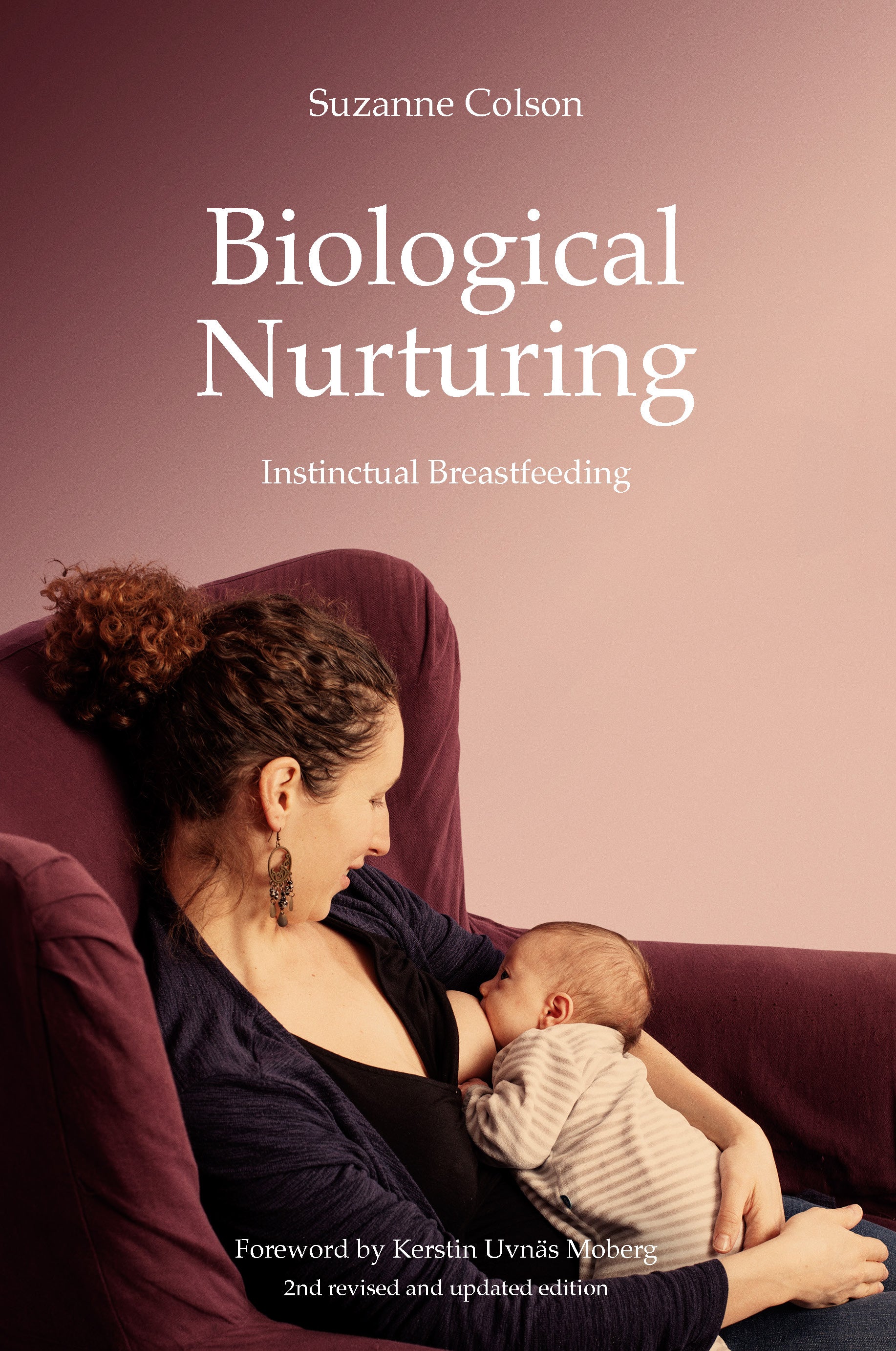Pinter & Martin
Biological Nurturing: Instinctual Breastfeeding
Biological Nurturing: Instinctual Breastfeeding
OFFER: 4 for 3 on all our books. We ship to the UK only. For other bookshops that stock our books see here.
Couldn't load pickup availability
Many say that breastfeeding is natural yet most health professionals teach mothers to practise responsive, baby-led feeding using a set of predetermined, latching instructions. This book describes a new, proactive, mother-led approach called biological nurturing. Biological nurturing research highlights that, under certain conditions, mothers have an inborn breastfeeding capacity aiding them to nourish and nurture their babies. However, tapping into this instinctual heritage is diametrically opposed to the thinking involved in a skills-teaching approach.
Biological nurturing is quick and easy to do. Maternal comfort is a priority and the laid-back breastfeeding postures optimise baby gazing and eye-to-eye contact. Spontaneity and reciprocity are the watchwords and once comfortable, most mothers and babies discover what works through the hit and miss of the experience. The challenge for health professionals lies with promoting an oxytocin-friendly environment, understanding breastfeeding releasing mechanisms, and learning when not to intervene. This book restores confidence in nature’s biological design and in mothers’ innate capacity to breastfeed.
2nd revised and updated edition.
Share
ISBN: 9781780664552
Number of pages:
Published:
View full details

